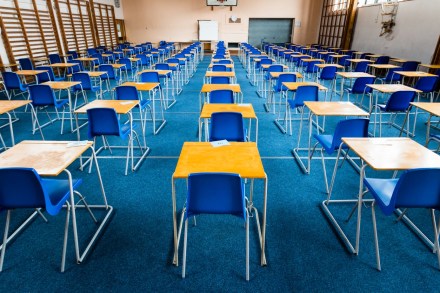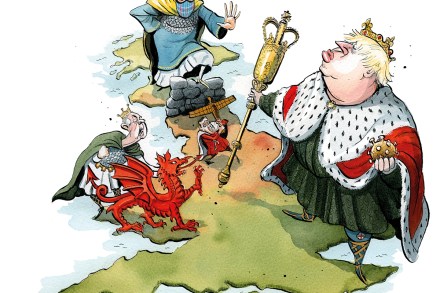The cancelling of next year’s GCSEs looks inevitable
When the Scottish government made the decision this summer to do a U-turn and award teachers’ predicted grades instead of exams, it was inevitable that England and Wales would follow. Now that Scotland has cancelled National Highers next summer, the question is: will GCSEs again follow suit? With less than 84 per cent of secondary schools fully open at the moment, it is clear that schools are caught between a rock and a hard place. They are also inching towards a cliff edge. It is estimated that thousands of children and young people were not in school last week, and further disruption is inevitable. Regional disparities will only widen the





















